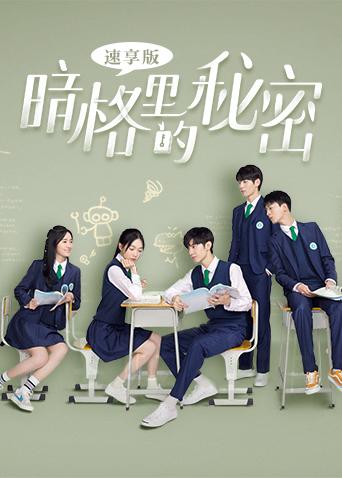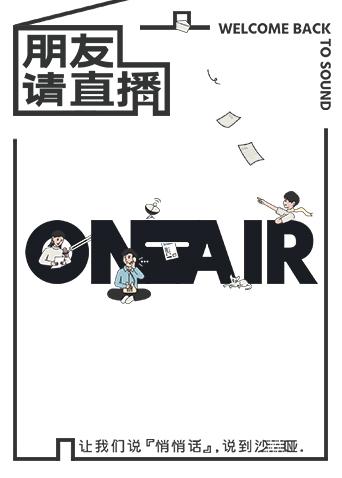 那英
那英
发表于3分钟前回复 :本片描写了十九世纪末期,意大利北部贫穷困苦的农村中好几户农家生活的点滴,由很多个小故事组成。其中的一段叙述一位佃农的儿子去学校读书,对当时这个地方的人而言,读书是件很不容易的事情,家长不懂得受教育的意义与好处,不愿意送孩子去读书,神父多次劝告下家长方才这样做的。这些家庭还需要在生活上加倍省吃俭用来供这些孩子们读书。一个佃农的孩子在读书回来时,鞋子坏了,父亲就砍了一颗树,连夜制成了一双木鞋。地主知道了这事之后,就把这户佃农赶了出去。影片讲述了3个农夫同在一个东家干活的故事,尤其要强调的是各个家庭成员与他们邻居的关系。意大利导演艾玛诺·欧密以其敏锐的能力把一些非专业演员安排在此片做主演,历时12个月。这部影片就影像风格来说几乎是一部纪录片,不同的只是由演员来表演,是生活流电影的名作。重现19世纪意大利佃农生活,优美动人。此片因其精彩的表演和感人的情节荣获1978年戛纳电影节最佳影片金棕榈大奖、1979年恺撒电影节最佳外语片奖等十多项国际性电影大奖。这部影片就影像风格来说几乎是一部纪录片,不同的只是由演员来表演,是生活流电影的名作。荣获第31届戛纳电影节最佳影片金棕榈奖。
 孙颖
孙颖
发表于5分钟前回复 :Siddartha (Dhritiman Chatterjee) is forced to discontinue his medical studies due to unexpected and brutal death of his father. He has to now find a job in stead. In one job interview, he is asked to name the most significant world event in the last ten years. His reply is 'the plain human courage shown by the people of Vietnam', instead of the expected - man landing on moon. The interviewer asks is he is a communist. Needles to say that he does not get the job.He reaches a coffee shop where he is offered to work for the communist party. When he does not show any interest the party leader tells him about an opening for a medical representative. To escape from the heat and have a snooze, he goes in to a cinema. As a government propaganda newsreel is being shown before the feature, a bomb explodes in the cinema hall. In the stampede that follows, Siddartha, breaks his watch. He goes to a watchmaker but he cannot afford the repairs.Waiting to cross the road, he notices a sexy girl. He drifts back to his days as a medical student in a flashback. The professor is explaining anatomy of female breast. Many flashbacks and dreams occur to Siddartha through the film.On his way to hostel, he has an encounter with some hippies. Along with an ex-classmate, he goes out to see a porn film but to their disappointment, the film turns out to be not-so-pornographic.In such constant wandering in a Calcutta, disintegrated relationships with his sister and a Naxalite (militant communist) brother, his friendship with Keya is only thing that keeps him sane.Keya is a simple girl. They enjoy each other's company but they cannot make any commitment to each other due to the circumstances.After yet another attempt at a job interview, Siddartha leaves the big city to take a modest job of a salesman in a far off small town. He writes to Keya that he still cherishes their relationship. And that he has heard that bird call again but this time it is for real, and not his mind. After completing the letter, he comes out to the balcony of his modest room. The bird calls again. He also hears the sombre chants of a funeral procession. As he turns to the camera, the picture is frozen.This is the first film of the Calcutta Trilogy. The other two were and Seemabaddha (Company Limited, 1971) and Jana Aranya (The Middle Man, 1975). All the three films study the effect the big city of Calcutta has on the educated youth and the price it extracts from them.The seventies were a difficult period for India and West Bengal. The Corruption was rampant; the Naxalite movement had created havoc in Calcutta. In fact, they had turned parts of Calcutta into 'liberated zones'. By the time the Naxalite movement died down, in 1975, Mrs. Indira Gandhi (then, Prime Minister of India) suppressed the fundamental rights and declared "Emergency" for her own political survival. Her son, Sanjay Gandhi became a dictator of sorts without any official designation. The opposition leaders were thrown into prisons.About his social responsibilities as a filmmaker, in an interview with Cineaste magazine, Ray commented, "You can see my attitude in The Adversary where you have two brothers. The younger brother is a Naxalite. There is no doubt that the elder brother admires the younger brother for his bravery and convictions. The film is not ambiguous about that. As a filmmaker, however, I was more interested in the elder brother because he is the vacillating character. As a psychological entity, as a human being with doubts, he is a more interesting character to me. The younger brother has already identified himself with a cause. That makes him part of a total attitude and makes him unimportant. The Naxalite movement takes over. He, as a person, becomes insignificant."In a letter to Seton in 1970, Ray wrote that Pratidwandi was the most provocative film he had made till then. The film is said to have evoked extreme reactions. "People either loved the film or hated it", Dhritiman Chatterjee told Andrew Robinson, Ray's biographer.




